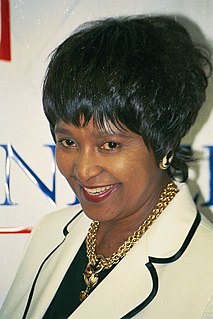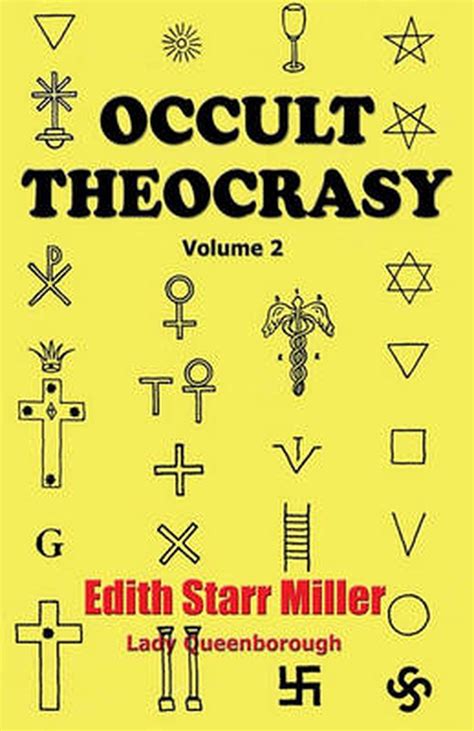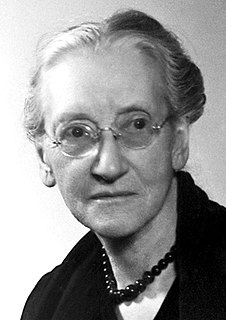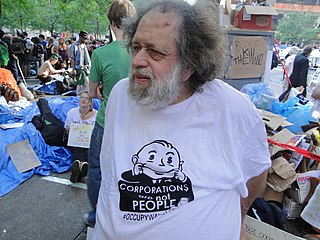A Quote by Nicolas Cage
The end of the world is on people's minds. We have the power to destroy or save ourselves, but the question is what do you do with that responsibility.
Related Quotes
It's clearly a crisis of two things: of consciousness and conditioning. We have the technological power, the engineering skills to save our planet, to cure disease, to feed the hungry, to end war; But we lack the intellectual vision, the ability to change our minds. We must decondition ourselves from 10,000 years of bad behavior. And, it's not easy.
A mind that is positive cannot be controlled. For the purposes of occult dominion, minds must therefore be rendered passive and negative in order that control may be achieved. Minds consciously working to a definite end are a power, and power can oppose power for good or for evil. The scheme for world dominion might be doomed by the recognition of this principle alone, but, as it is unfortunately unrecognized, it remains unchallenged.
It is possible to move through the drama of our lives without believing so earnestly in the character that we play. That we take ourselves so seriously, that we are so absurdly important in our own minds, is a problem for us. We feel justified in being annoyed with everything. We feel justified in denigrating ourselves or in feeling that we are more clever than other people. Self-importance hurts us, limiting us to the narrow world of our likes and dislikes. We end up bored to death with ourselves and our world. We end up never satisfied.
I see that in the future, things that we have lost in the past will be recovered. There's a search for those things, a search for spirituality, for nature, for the goddess religions, for family and human bonding. All that has been lost in this industrial era. People are in desperate need of those things. I don't think the world will destroy itself in a nuclear cataclysm. On the contrary, we have the capacity to save ourselves and save the planet, and we will use it.
We live in a world filled with language. Language imparts identity, meaning, and perspective to our human community. Writers are either polluters or part of the clean-up team. Just as the language of power and greed has the potential to destroy us, the language of reason and empathy has the power to save us. Writers can inspire a kinder, fairer, more beautiful world, or invite selfishness, stereotyping, and violence. Writers can unite people or divide them.



































